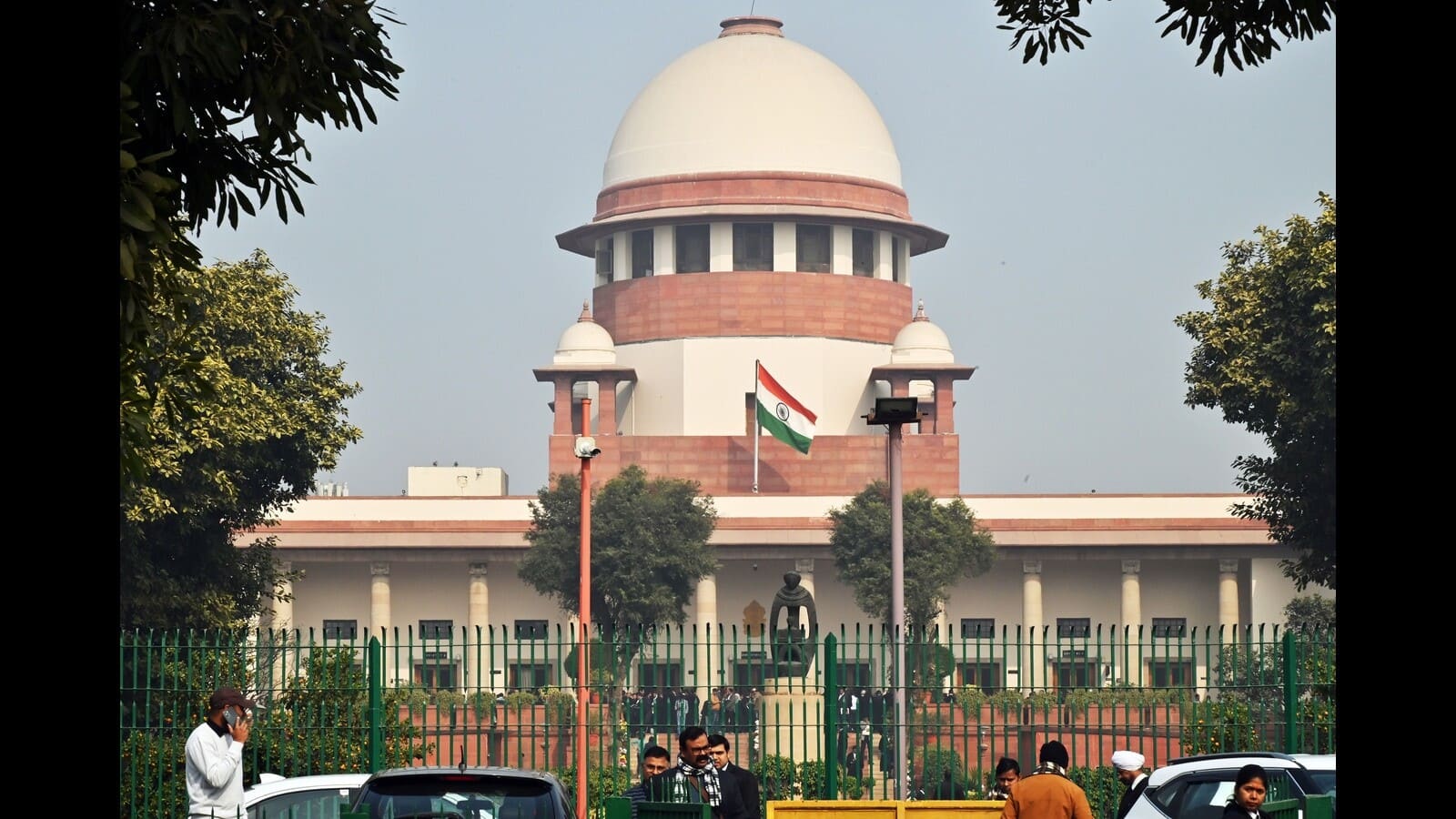
'Can't sit on bills...': Supreme Court slams Tamil Nadu Governor
What's the story
The Supreme Court has slammed Tamil Nadu Governor RN Ravi for withholding assent to state bills without communication, resulting in a legislative deadlock.
A bench of Justices JB Pardiwala and R Mahadevan questioned the lack of transparency and sought clarity on how to resolve such impasses.
The court stressed the governor cannot sit on bills on the basis of perceived repugnancy with central law without informing the state government.
Legal debate
Court questions governor's actions, seeks transparency
Justice Pardiwala asked, "If the Governor is prima facie of the view that the bill suffers from repugnancy, should it not bring it to the notice of the state government?"
The bench observed if repugnancy troubled the governor, he should have informed the government immediately.
The court also asked why bills reserved for Presidential consideration weren't communicated properly.
Defense argument
Attorney general defends governor's actions
Representing the governor, Attorney General R Venkataramani said in seven cases, the President withheld assent and communicated it to the state government.
He contended withholding assent means declining it.
However, the bench was skeptical about this interpretation, saying it could make Articles 200 and 201 ineffective.
Article 200 enables a governor to approve/withhold approval of state legislature bills or recommend changes.
Ongoing hearing
Court hears Tamil Nadu government's petitions
The court is hearing two petitions filed by the Tamil Nadu government over prolonged confrontations with the governor over bill assent.
The bench said accepting Venkataramani's argument would mean a governor need not communicate when withholding assent.
Venkataramani argued each case depends on its facts and denied any malafide intent by the governor.
He said perceived repugnancy allows a governor to refer a bill to the President without detailed communication.
Legal action
Delay in assent prompts Tamil Nadu's legal action
The delay in granting assent led Tamil Nadu to approach SC in 2023 over 12 pending bills.
The court asked if a governor could indefinitely withhold bills on perceived repugnancy without formal communication.
It emphasized, "You have created the impasse; you have to clear it."
The bench also inquired about Presidential action on pending bills, observing some awaited response for two years.